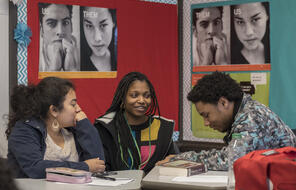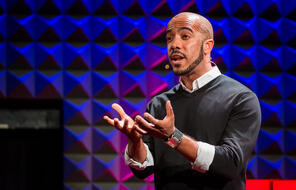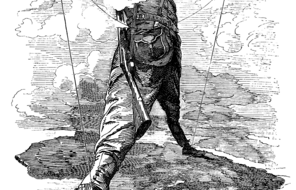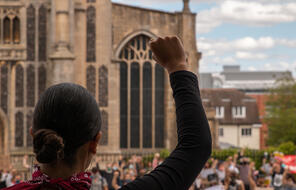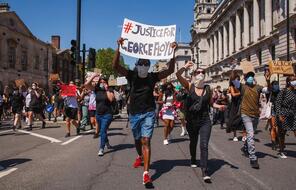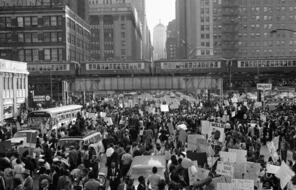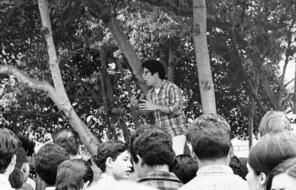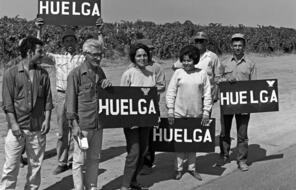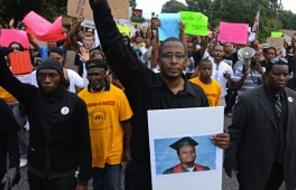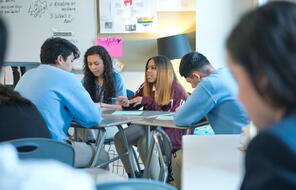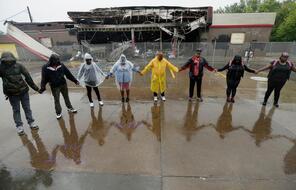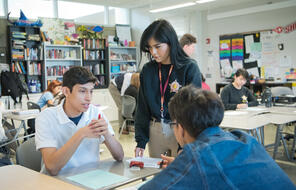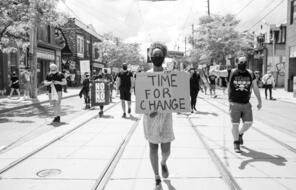The start of the British Empire can be traced to the sixteenth century before the Acts of Union, which marked the union of England and Scotland in 1707. England began building an empire by establishing settlements and trading posts, often by force, in other countries, notably Ireland, India, North America, the West Indies, and places in West Africa. These early settlements in the Americas and Africa laid the foundations for England’s, and later Britain’s, key role in the Transatlantic Slave Trade. Until the abolition of the slave trade in 1807, Britain, and England before it, were responsible for enslaving over 3.4 million Africans
(over a quarter of those enslaved).
Those involved in this destructive and exploitative trade justified their actions by proclaiming the superiority of whites and the inferiority of the Black Africans who they were kidnapping.
This doctrine of white supremacy would influence later colonisers,
shape British views on race, and lay the foundations for the systemic racism that still exists today.
At the end of the eighteenth century, Britain lost control of the colonies in North America in the American War of Independence. Despite this, the British Empire continued to grow as more colonies were established around the world, first in Australasia, then in Asia and Africa. In these colonies, as in earlier ones, Britain, the ‘mother country’, imposed its rule on the original inhabitants and extracted wealth to make Britain richer. At its peak in 1920, the British Empire controlled 25% of the Earth’s land surface and held dominion over hundreds of millions of people.
This great imbalance in power, brought about through oppression and invasion, was not regarded as shameful, rather colonisers and Britons viewed colonialism as a noble endeavour, civilising ‘uncivilised’ peoples and providing a service to the countries that they were in fact pillaging.
Despite its dominance in the early twentieth-century, by the 1960s most of Britain’s former colonies had gained independence and were no longer subject to the rule of Great Britain.
But the influence of the British Empire did not end there: that the British Empire was a dominant force in the world is evident through the prevalence of the English language and of Christianity, the popularity of sports such as rugby and cricket, and the existence of the Commonwealth, which is an association of 54 countries, many of which are former colonies.
Many also argue that Britain left behind valuable infrastructure, such as the trains in India, and progressive methods of education and governance. Pointing, however, to the benefits of being colonised has become problematic in recent years, particularly as it ignores the fact that many of the colonised countries could have made this progress themselves without the damage inflicted by colonialism.
Moreover, the darker legacy of the British Empire is undeniable in the world in which we live today. Not only do the aftereffects of colonial violence and its doctrine of white supremacy still reverberate through the lives of the descendants of those who lived under colonial rule,
but the racism the colonists created determines how our society is organised and who the wealth-holders are.
Present inequality in the UK, and the world, is inseparable from the history of the British Empire. However, in Britain, this destructive history, and how it has shaped the present, has not been adequately addressed, and thus among some groups there is a certain nostalgia for the days of empire, when Britain was a global superpower: 33% of those surveyed on the topic in 2020 believed colonies were better off as part of the British Empire.

